Svolt Energy Begins Mass EV Battery Production Over In Thailand
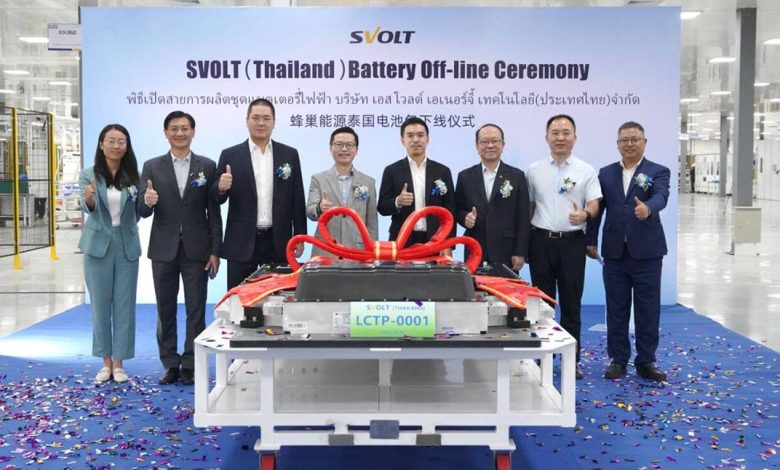
This new Svolt Energy battery plant has the capacity in producing 60,000 packs for Neta and GWM models.
Svolt Energy has recently announced that it has begun mass production of its battery packs in its newly-established Thai factory in Si Racha town, Chonburi province, Thailand. A plant constructed in collaboration with Banpu NEXT, these first packs actually initially emerged from this facility in just 5 months since upgrading works of a locally-leased facility was initially announced last July.
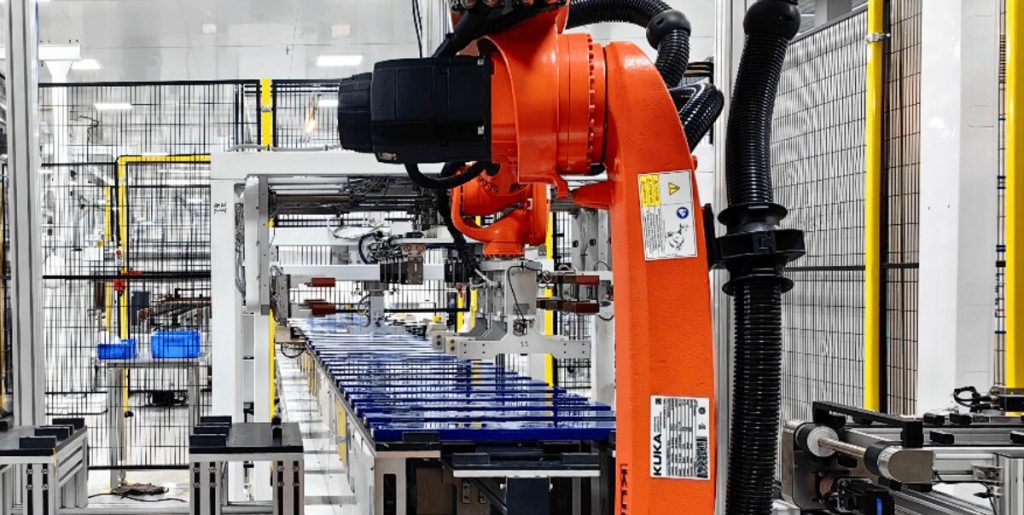
Svolt Energy currently boasts for this new plant to have a total production capacity of approximately 60,000 modules and packs annually. Though it is aiming for a slightly more conservative production target of just 20,000 packs delivered to local customers by the end of its inaugural year.
It is currently anticipated for the battery packs produced at this new Thai Svolt facility to primarily find its way into its prior parent company Great Wall Motor’s range of hybrids and full EVs, which could include its Ora, Tank and Haval models. The initial run of battery packs produced before mass production began have in fact already since found their way into the locally-assembled Good Cat fully-electric hatchback over there.
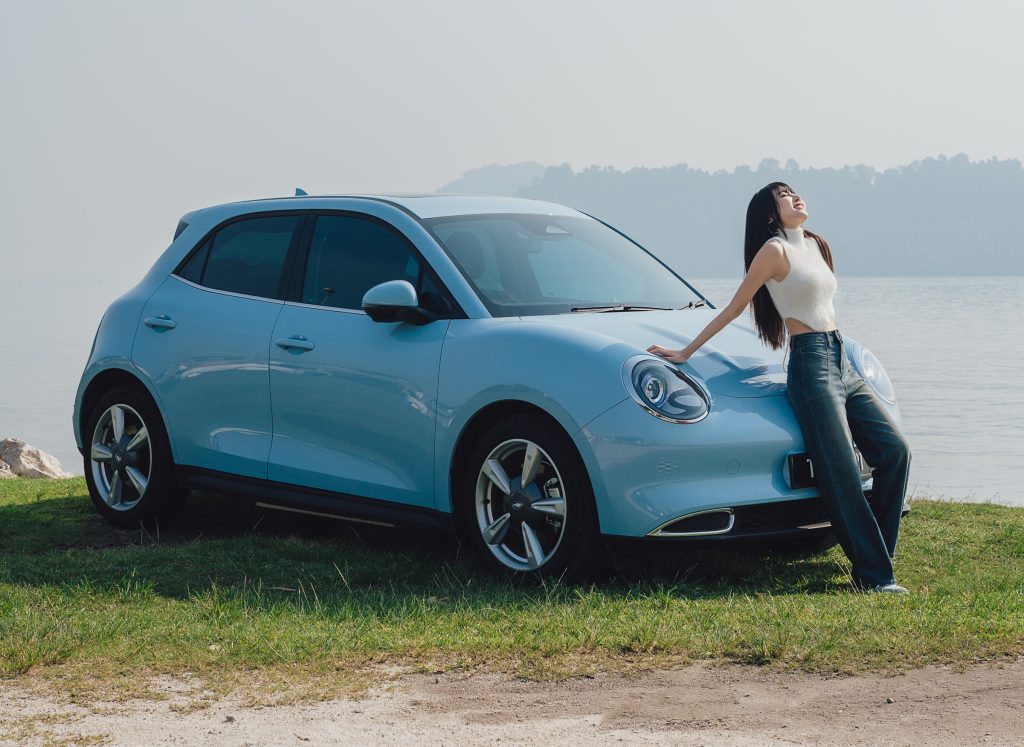
That being said, the Chinese battery maker has also previously signed a deal with Hozon New Energy Automobile, that could in turn see for these packs to soon power its Neta Auto lineup. Svolt Energy has also reportedly stated its goals to also expand into the light-duty power and energy storage markets in Southeast Asia in future.
Svolt Energy was originally Great Wall Motor’s power battery division, which began power cell research and development in 2012. It nevertheless was spun off from the Chinese automaker in February 2018 and works on next-generation battery materials, cells, modules, packs, BMS, and energy storage technologies.
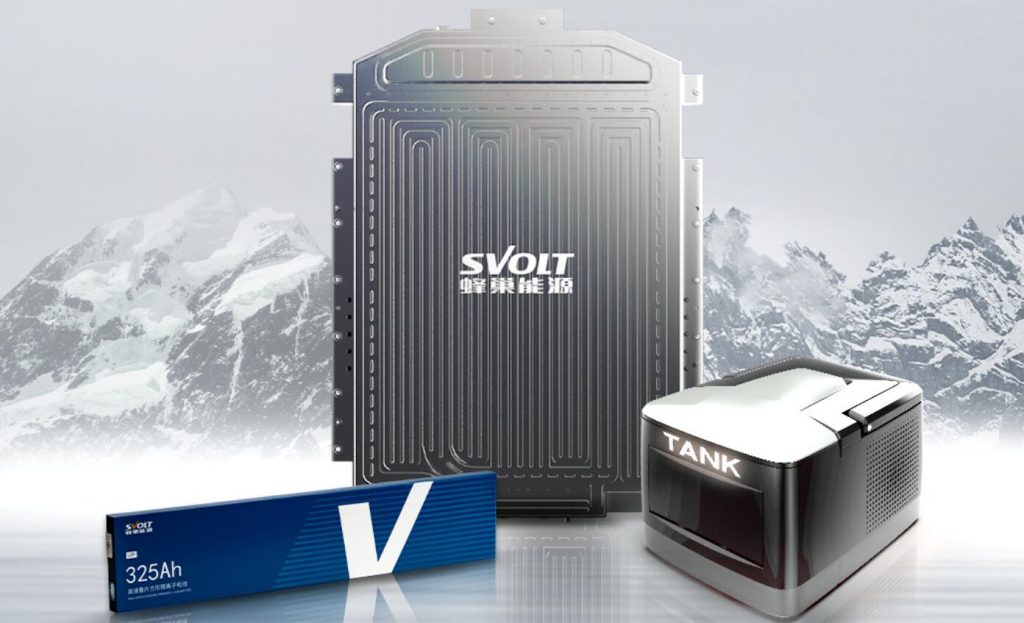
Their newly-established facility has two production lines: one for producing the battery modules and the other for assembling them into battery packs. It is reported that the battery modules made at the site utilises the company’s Lithium Iron-phosphate (LFP) ‘L600’ series cells that are currently imported from China. The ‘LCTP’ battery packs assembled over there meanwhile is boasts a capacity of up to 60 kWh, translating to a driving range of up to 500 km.
Svolt Energy claims for this new Thai battery plant to hold significant strategic importance for its worldwide footprint and growth strategy, with it aiming to capitalising on the nation’s burgeoning EV market and strong automotive manufacturing sector. The Chinese battery maker is also reportedly considering establishing up to five battery manufacturing plants in Europe, reflecting the company’s strategic expansion efforts to meet the growing demand for EV battery packs in the region.


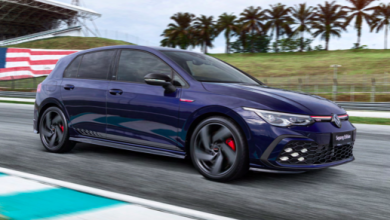
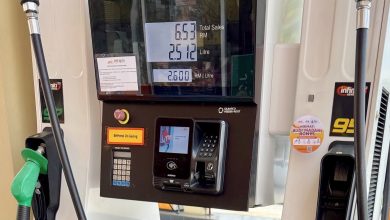
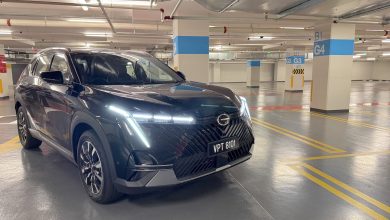
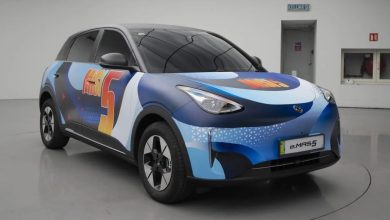
One Comment